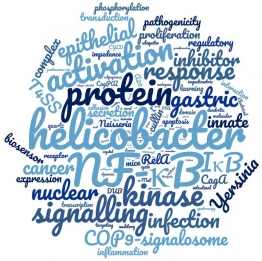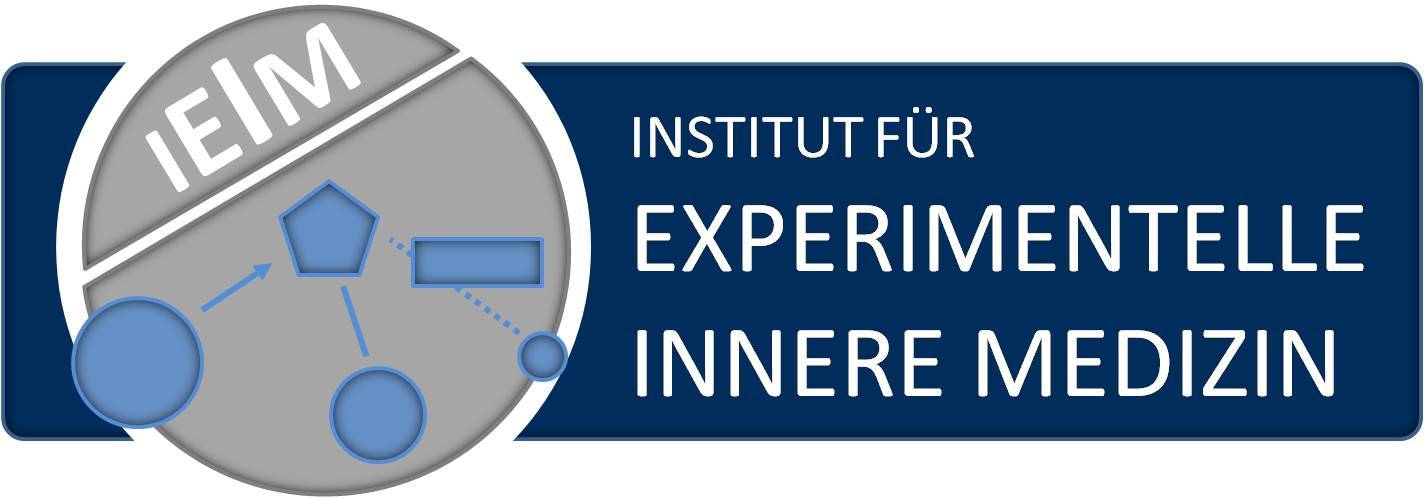Research
Exploitation of regulatory signatures for therapeutic intervention in inflammation and cancer
The research program of the institute encompasses scientific projects on the regulation of cell-cell communication and signal transmission in the molecular pathogenesis of inflammation and cancer. Cells respond to their environment and thereby activate distinct intracellular signal transduction pathways, involving the assembly of protein complexes within signaling cascades and a variety of protein modifications. Our studies mainly focus on clinically important signaling modules like one of the most important regulatory systems involved in the innate immune response and cell physiology, the NF-κB network. For the comprehensive analysis of the regulatory networks in the cell, we rely on methods in molecular dynamics and simulation. Within the molecular pathogenesis of inflammation and cancer we study exclusive protein functions in cellular networks with a special emphasis on predictive indicators of disease beneficial for drug discovery and development.

- NF-κB in health & disease
- Helicobacter, inflammation & gastric cancer
- Epithelial barrier and microenvironment
- Deubiquitinylases and COP9 Signalosome
- Ubiquitin proteasome system & adipogenesis







